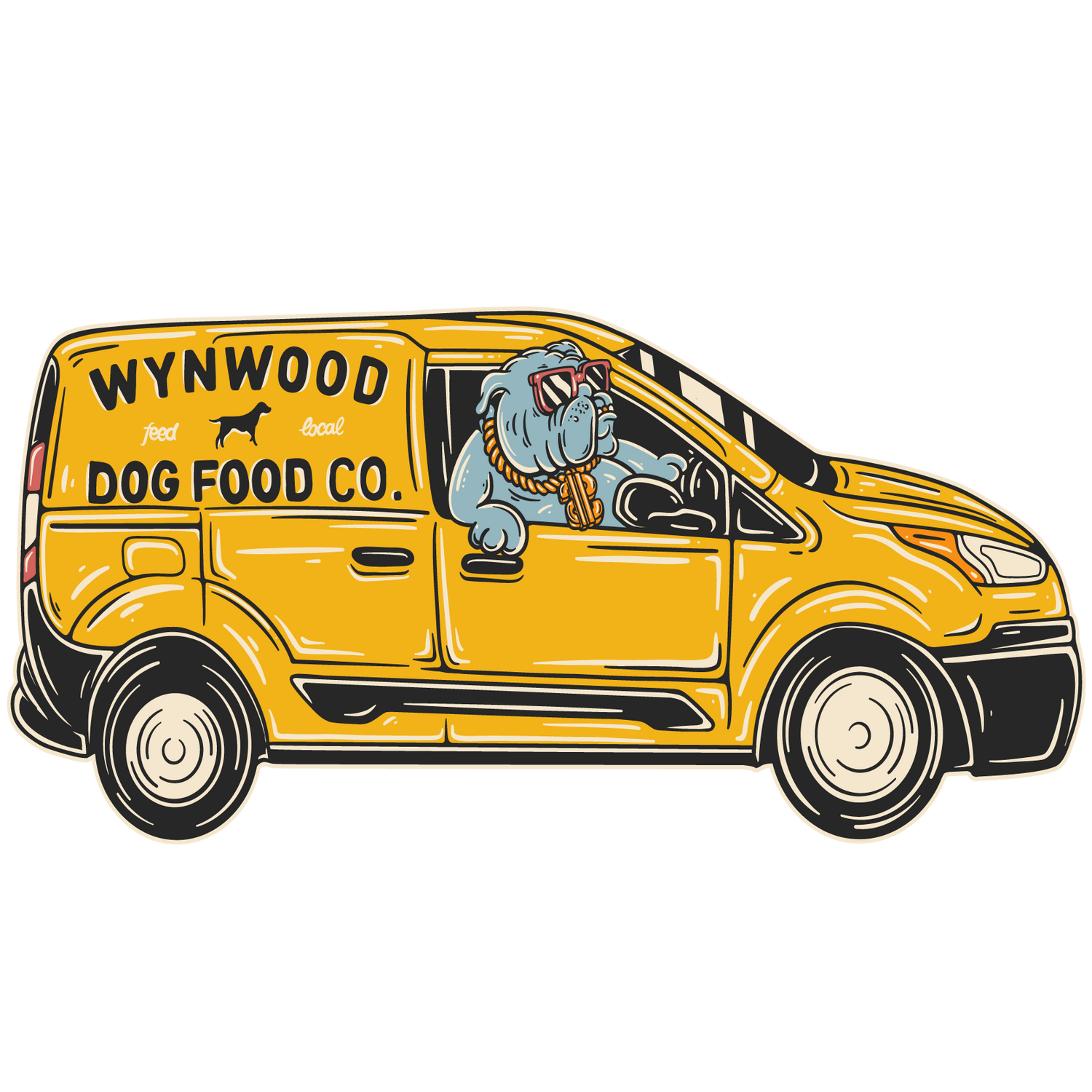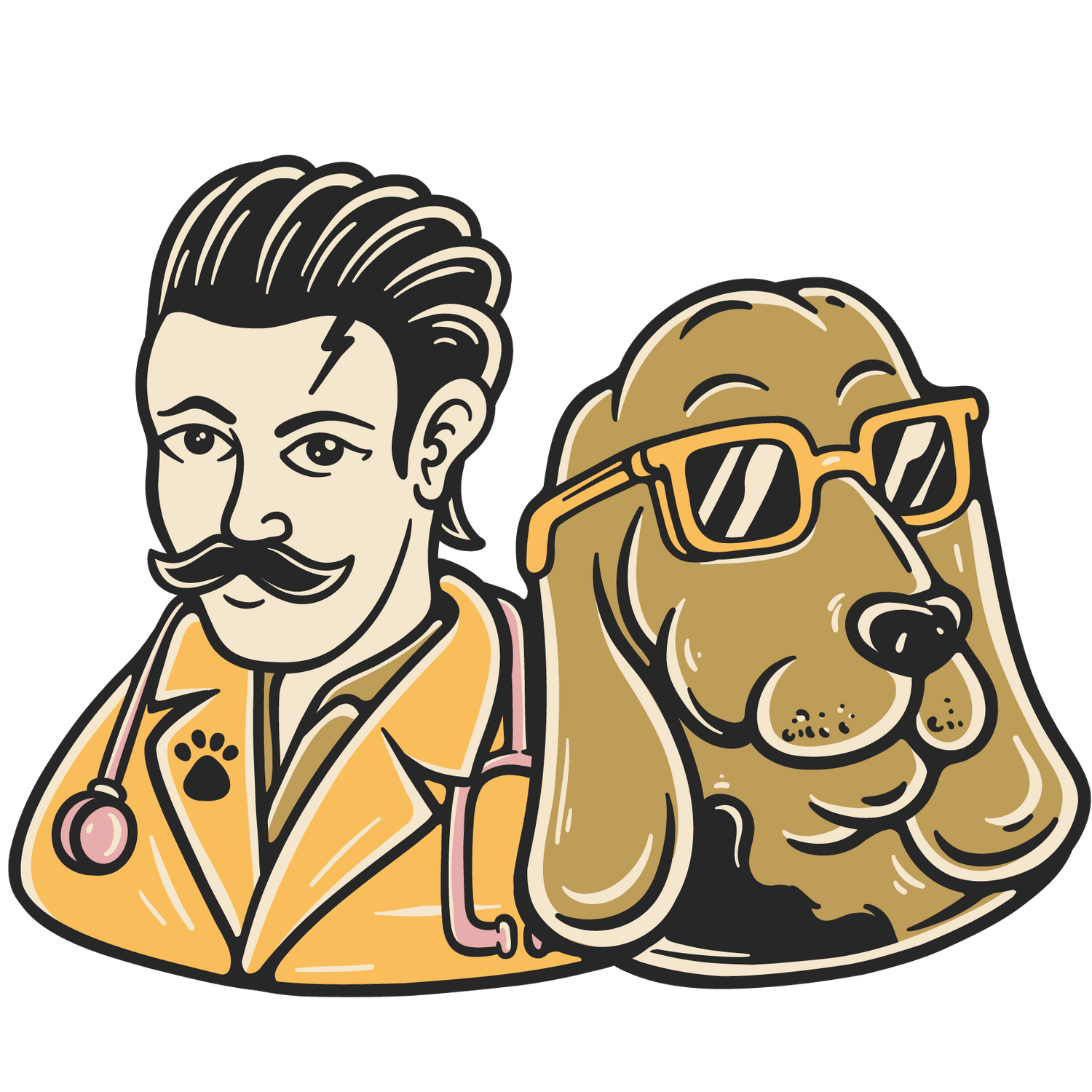
Novel Proteins To Stave Off Dog Food Allergies
If your dog has been coughing, scratching or licking incessantly, or you’ve noticed that he has lost hair, developed hot spots, has frequent diarrhea or vomits, he could be battling a dog food allergy. Although the specific cause of allergies is sometimes difficult to pinpoint, research suggests that much of the problem has to do with ‘leaky gut syndrome’. This occurs when levels of useful gut flora plummet, causing yeast levels to rise and tiny perforations to form on the gut. The gut is a semi-permeable membrane that absorbs useful nutrients that are passed on into the bloodstream. When perforations are present, however, semi-digested nutrients can pass to the bloodstream, causing the immune system to react in the form of allergies.
To prevent and battle dog food allergies, it is vital to feed your dog 100% fresh, human grade ingredients with no preservatives, colors, flavors, by-products or harmful ingredients, of the quality you can look forward to in all Dishes For Dogs diets.
What are common allergens in dogs?
Almost any food can cause an allergic reaction in your dog, including beef, dairy, wheat, egg, chicken, lamb/mutton, soy, pork, rabbit, and fish, etc. Interestingly, protein is one of the most common sources of allergies. If your dog does show symptoms of digestive upset or itching, it is vital to see your vet, since there could be other causes for these symptoms.
Quality matters
Variety is important, as is quality. Did you know that the majority of commercial pet foods contain fillers and starches, so as to reduce the amount of meat included? These fillers are not biologically appropriate for dogs; nor are poor quality sources of protein, including beaks and feathers. Low-quality food can eventually lead to the development of allergies, so from the time your pup first starts eating solid food, invest only in the very best.
Tackling the problem from within
When a food allergy is diagnosed, an elimination diet will often be recommended, to give your dog a chance to recover from months or years of being exposed to harmful foods. In the classic elimination diet, your dog is fed one protein and one carbohydrate source exclusively for around two months. Slowly, a new carb and a new protein are added on a rotational basis until eventually, your dog is enjoying a wider variety of foods. It is vital to remember that many vets believe that feeding dogs the same foods repeatedly can actually trigger dog food allergies.
Specialized vets, like Dr. Rosales, tend to recommend novel protein sources, which are not commonly used in commercial dog food – these include ostrich, kangaroo, beaver, pheasant, venison, bison, goat, etc. Dishes For Dogs’ Allergy/Skin Support LF: Buffalo + Rutabaga and Allergy/Skin Support: Pork + Sweet Potato are examples of food containing novel proteins sources, combined with Omega fatty acids. Moreover, the carbohydrate sources in these foods ( rutabaga and sweet potato) are easy to digest and do not trigger food allergies in most dogs.
Why are Omega fatty acids so important?
Omega-3 essential fatty acids are as necessary for animals as they are for humans. These fats, which the body does not produce naturally, promote a healthy heart, battle inflammation, and have been found in various studies to reduce itching and other symptoms of canine allergies. In the same way that Omega-3 consumption can promote beautiful skin in humans, it produces a shiny coat that is a sure sign of health in dogs.
If your dog is showing signs of digestive distress, itching or hair loss (to name just a few symptoms) make sure to receive a speedy diagnosis from your doctor. You may be recommended a special diet comprising novel proteins, which is a great way to enable your dog’s gut health to improve and avoid allergens. Omega-3 essential fatty acids will hopefully keep itching and other symptoms down while promoting a beautiful sheen on your dog’s coat.



